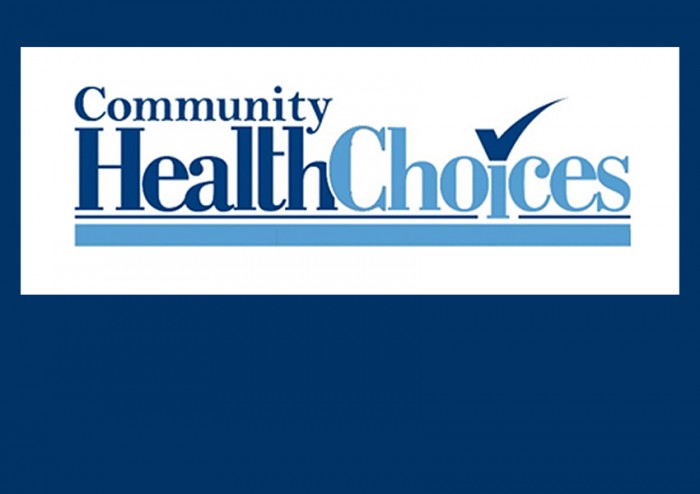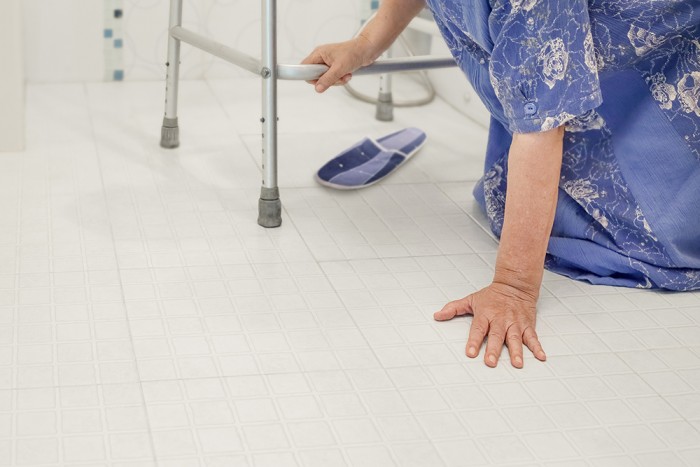The Planning Committee for State Representative Dan Miller’s Annual Disability & Mental Health Summit is seeking session proposals for workshops geared towards people impacted by disabilities and mental health concerns. Those attending the summit consist of parents, family members, caregivers, advocates, service providers, educators, medical professionals, government officials, legal professionals, inclusive employers, and mental health professionals. Sessions are 60 minutes in length, and should include 10–15 minutes for Q&A.
Representative Miller’s Disability & Mental Health Summit provides the largest collection of resources and workshops in Western Pennsylvania. Over the past six years, this event has made a difference in the lives of thousands of people. In 2020, the summit will recognize and celebrate the 30th anniversary of the passage of the landmark Americans with Disabilities Act in a bigger venue, doubling the crowd, providing more resources, and increasing the summit’s scope across the state! You can visit this website to view last year’s program. Please feel free to share this with your peers and other organizations.
The 2020 Disability & Mental Health Summit will take place on March 6, 2020 at the David L. Lawrence Convention Center in Pittsburgh, PA.
Submission deadline is September 30, 2019.
Questions, please contact Jack Phillips, RCPA Director of Government Affairs.
















